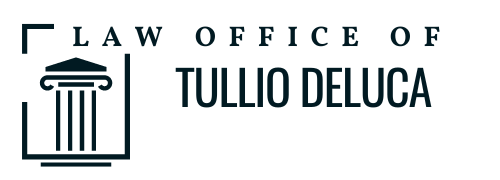Differences Between a Guardianship and a Conservatorship in Pennsylvania
Differences Between a Guardianship and a Conservatorship in Pennsylvania
In certain situations, an individual may be unable to manage their personal or financial affairs due to age, illness, or incapacity. In Pennsylvania, two legal mechanisms exist to address these concerns: guardianships and conservatorships. While these terms may seem similar, they have distinct purposes and procedures. It is essential to recognize their differences to make informed decisions about the care and management of a loved one’s affairs.
What is a Guardianship?
A guardianship in Pennsylvania is a legal arrangement where a court appoints an individual (a guardian) to make decisions on behalf of someone who is unable to care for themselves due to mental or physical limitations. This often applies to minors or adults who are incapacitated because of conditions like severe mental illness or developmental disabilities. The guardian is typically responsible for decisions related to personal care, including medical treatment, living arrangements, and ensuring the person’s general well-being.
What is a Conservatorship?
A conservatorship is a legal process in which a court appoints an individual (a conservator) to manage the financial matters of someone who cannot do so themselves. This could include managing assets, paying bills, and handling investments. While guardianship focuses on personal care, conservatorship addresses financial stability. Like a guardianship, a conservatorship is appointed for individuals who are incapacitated but is specifically concerned with financial affairs rather than personal decision-making.
Key Differences Between Guardianship and Conservatorship
While both guardianship and conservatorship serve to protect individuals who cannot manage certain aspects of their lives, the primary distinction lies in their scope. Guardianships involve personal care and decisions about daily life, while conservatorships deal with financial matters. Additionally, guardians are responsible for decisions regarding the health and well-being of the individual, whereas conservators oversee financial transactions, asset management, and ensuring that the individual’s financial needs are met.
When is a Guardianship or Conservatorship Needed?
Each arrangement is used in different circumstances. A guardianship may be appropriate for someone who requires help with daily activities, such as eating, dressing, or making medical decisions. On the other hand, a conservatorship might be more suitable for someone who can still make personal decisions but is incapable of managing their finances due to age, mental health issues, or other limitations. It is essential to assess the specific needs of the individual to determine which legal process is most appropriate.
How to Establish a Guardianship or Conservatorship in Pennsylvania
To establish a guardianship or conservatorship in Pennsylvania, a petition must be filed in the Orphans' Court of the county where the individual resides. The court will assess the person’s incapacity through medical evaluations, and if the court determines that the person is indeed incapacitated, a guardian or conservator will be appointed. This process involves hearings, documentation, and sometimes the appointment of a guardian ad litem to represent the interests of the individual.
Both guardianships and conservatorships provide essential protections for individuals who are unable to make decisions about their care or finances. Understanding the key differences between these two legal options is critical when making the best choice for a loved one in need of assistance. If you believe a guardianship or conservatorship is necessary for someone in your life, consult with an attorney to help you navigate the legal process and ensure the well-being of the individual is protected.
By familiarizing yourself with these legal concepts, you can take the necessary steps to protect and care for someone who cannot manage their own affairs. Whether you are concerned about personal care or financial management, guardianships and conservatorships in Pennsylvania offer important tools to safeguard your loved one’s needs.










